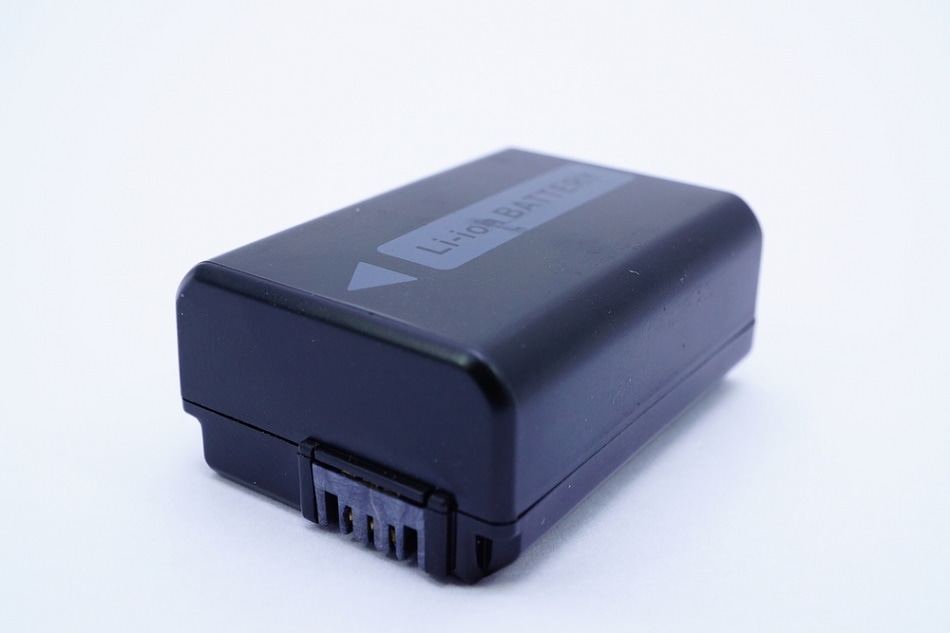Feb 16 2017
 hamofking/Shutterstock.com
hamofking/Shutterstock.com
Lithium-ion batteries have become essential in everyday technology. However, these power sources can explode in certain circumstances and are not suitable for storing grid-scale energy.
Sodium-ion batteries are potentially safer and less expensive than lithium-ion batteries, but their current versions don't last enough for practical use. According to a report published in the journal ACS Nano, researchers have now developed an anode material that allows sodium-ion batteries to function at high capacity over hundreds of cycles.
Sodium and lithium have the same properties in many ways, however, sodium ions are much larger compared to lithium ions. This difference in size leads to the quick deterioration of a main battery component. Chenghao Yang, Meilin Liu and collaborators sought to find an anode material that would give a longer life to sodium-ion batteries.
The researchers developed a simple method to make a high-performance anode material by fastening an antimony-based mineral onto sulfur-doped graphene sheets. This integration of the anode material into a sodium-ion battery enabled the battery to perform at 83% capacity over 900 cycles.
According to the researchers, this is the best performance reported to date for a sodium-ion battery using an antimony-based anode material. In order to commercialize their technology, the researchers would have to scale up battery fabrication while retaining its high performance.